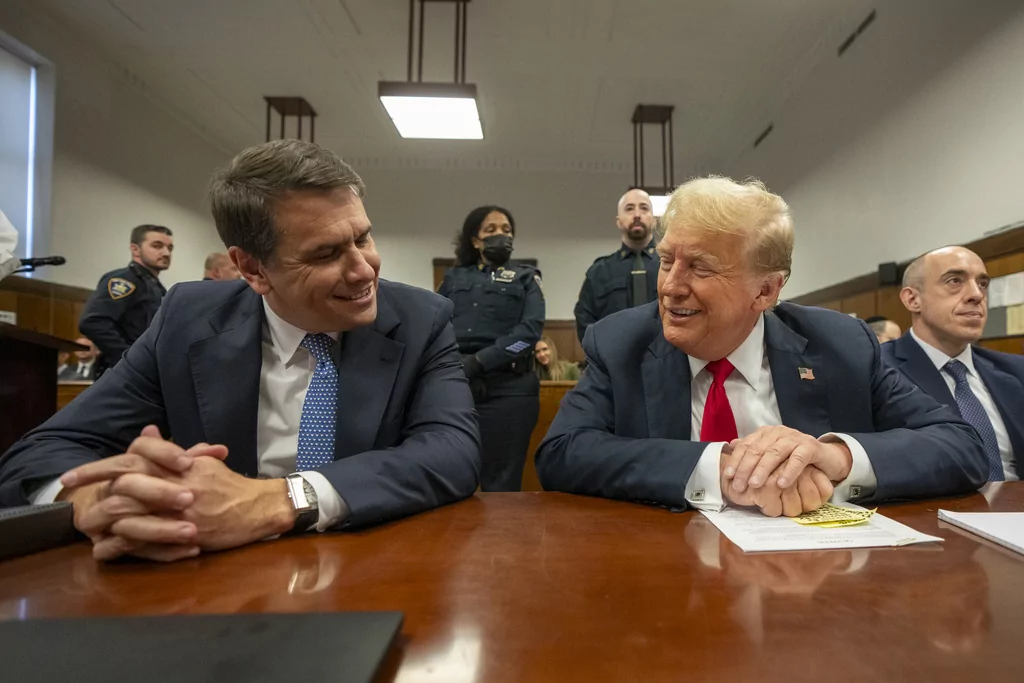Crypto Crackdown Paused: DOJ Shifts Investigative Focus Away from Digital Currency Probes

In a significant shift during the Trump administration, cryptocurrency oversight at the Department of Justice experienced a notable decline. As the digital currency landscape rapidly evolved, the former president's approach seemed to signal a more hands-off regulatory stance toward this emerging financial technology.
The administration's approach to cryptocurrency represented a complex intersection of innovation and regulatory uncertainty. While traditional financial institutions grappled with understanding the new digital asset ecosystem, the DOJ's reduced oversight created an environment of unprecedented flexibility for cryptocurrency entrepreneurs and investors.
This regulatory pullback coincided with the explosive growth of digital currencies, with Bitcoin and other cryptocurrencies experiencing dramatic market valuations and increasing mainstream acceptance. Trump's embrace of this burgeoning financial system suggested a willingness to allow technological innovation to proceed with minimal governmental intervention.
The disbandment of dedicated cryptocurrency oversight units within the DOJ marked a pivotal moment in the digital currency's regulatory history, potentially setting a precedent for how emerging financial technologies might be approached by future administrations.
